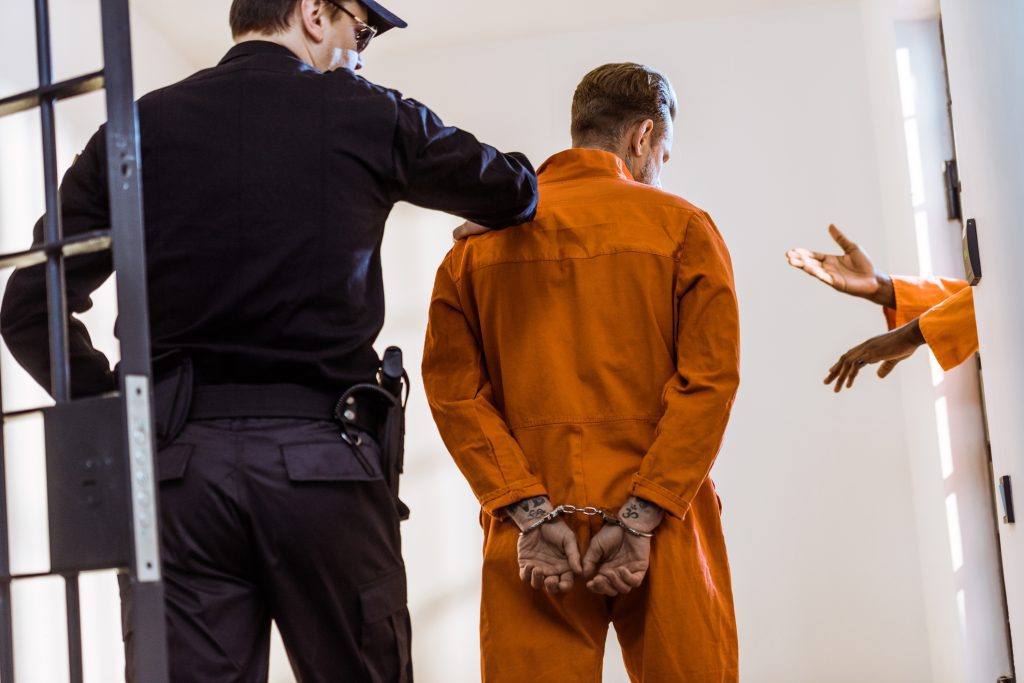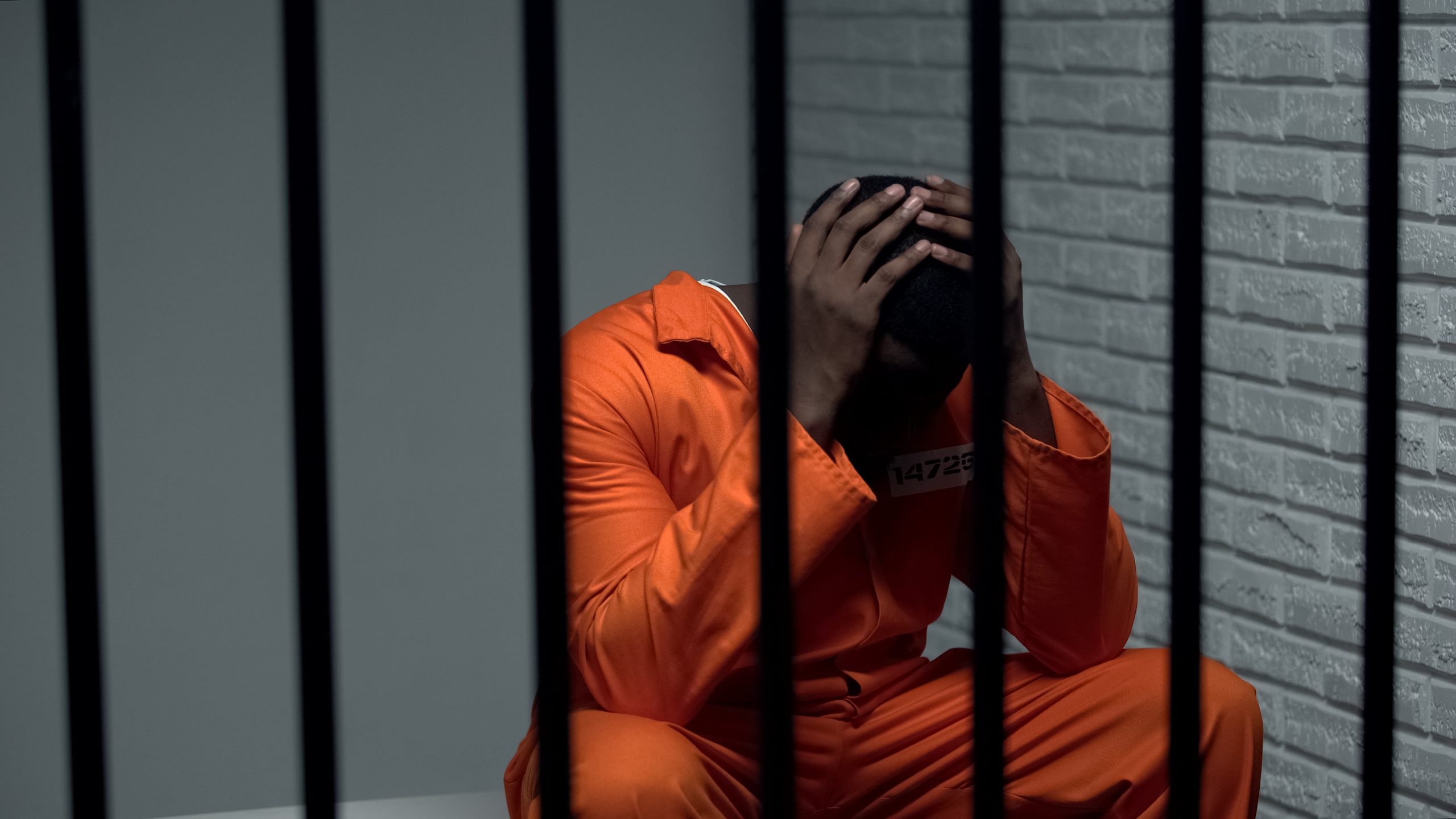The Eighth Amendment to the U.S. Constitution prohibits “cruel and unusual punishment.” But what does that mean for you while you’re in prison? Do prisoners have Eighth Amendment rights?

What counts as “cruel and unusual punishment” under the Eighth Amendment?
The Constitution prohibits “cruel and unusual punishment.” But it does not define the term. The U.S. Supreme Court has identified these acts as being cruel and unusual:
- drawing and quartering,
- disemboweling someone,
- beheading someone,
- public dissections, and
- burning someone alive.
These are not common today, but the list is not closed. The Supreme Court has left room here to include other forms of punishment. The intent of the Constitution is to protect everyone’s basic human rights.
The Department of Justice sees violence and sexual abuse in prisons as cruel and unusual. In 2019, Assistant Attorney General Eric Deiband said, “The Constitution guarantees all prisoners the right to be housed in safe conditions….” This meant, he said, that prisoners should “not [be] subjected to violence and sexual abuse.”
He made this statement during an investigation into Alabama’s men’s prisons. The DOJ found that the prison did not protect Alabama prisoners from violence and abuse. So, it determined, the state violated the prisoners’ Eighth Amendment rights.
What does not count as “cruel and unusual punishment” concerning Eighth Amendment rights?
When you enter prison, you don’t have all the same rights as you do on the outside. You don’t get the choice of where you live, what you wear, when you wake up, or what you eat. Your privacy is also very limited. Officials may track your contact with the outside world. They do this by reading your letters, listening to your phone calls and more.
But the rules and lack of privacy do not constitute cruel and unusual punishment. Instead, only “unnecessary and wanton infliction of pain” implicates the Eighth Amendment. These means prisoners must show a “deliberate indifference” to their wellbeing.
How can you protect your Eighth Amendment rights? What do you do if you’re receiving “cruel and unusual” punishment?
What can you do if you believe you’re receiving cruel and unusual punishment in prison? There are a couple of different things you can do.
First, you can file a complaint against your prison. If you are in state prison, your complaint goes to your state’s Department of Corrections. For federal prison, it goes to the Bureau of Prisons’ Regional Office. If no one takes action on that level, you move up to your state’s governor or BOP Headquarters. And then you turn to the Department of Justice’s Office of Inspector General.
Second, you can turn to the court system for help. The Constitution guarantees you the right of access to the courts. You can do this through hiring a lawyer if you have enough resources. Or you can rely on prison libraries. Some non-profit groups also provide legal help to prisoners who file a lawsuit on their own.
The Takeaway:
The Constitution guarantees that you won’t face “cruel and unusual” punishment. So, if you face violence, sexual assaults or something else that’s “cruel and unusual” in prison, you can act. Only you have the ability to protect your Eighth Amendment rights.






